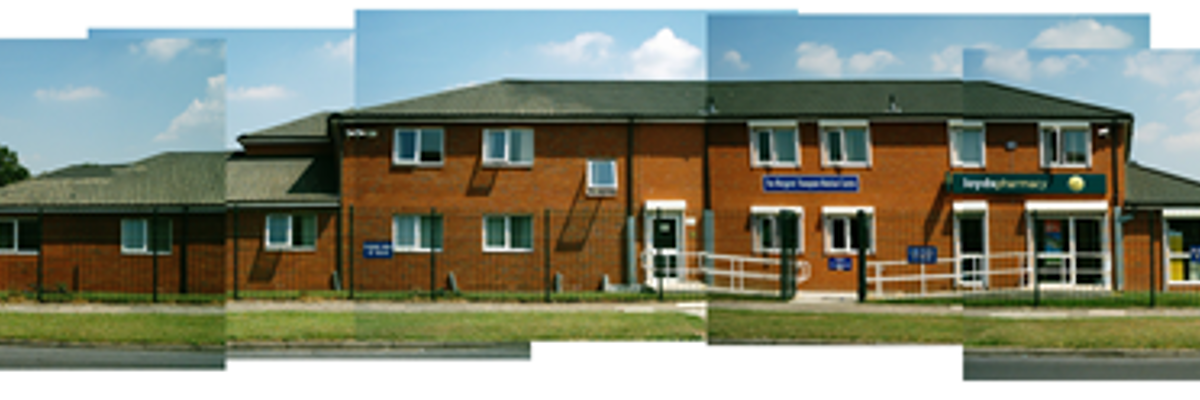

View our contact details, opening times and how to access the surgery.
DATE TIMES MONDAY 22nd DECEMBER 2025 8:00 – 6:30 TUESDAY 23rd DECEMBER 2025 ...
16 Dec 2025WE WILL ALSO CLOSE FOR TRAINING ON Thursday 22nd May 2025 (AFTERNOON ONLY) THE SURGERY WILL ...
17 Jun 2025Your complete guide to conditions, symptoms and treatments, including what to do and when to get help.
Find out how your medicine works, how and when to take it, possible side effects and answers to your common questions.